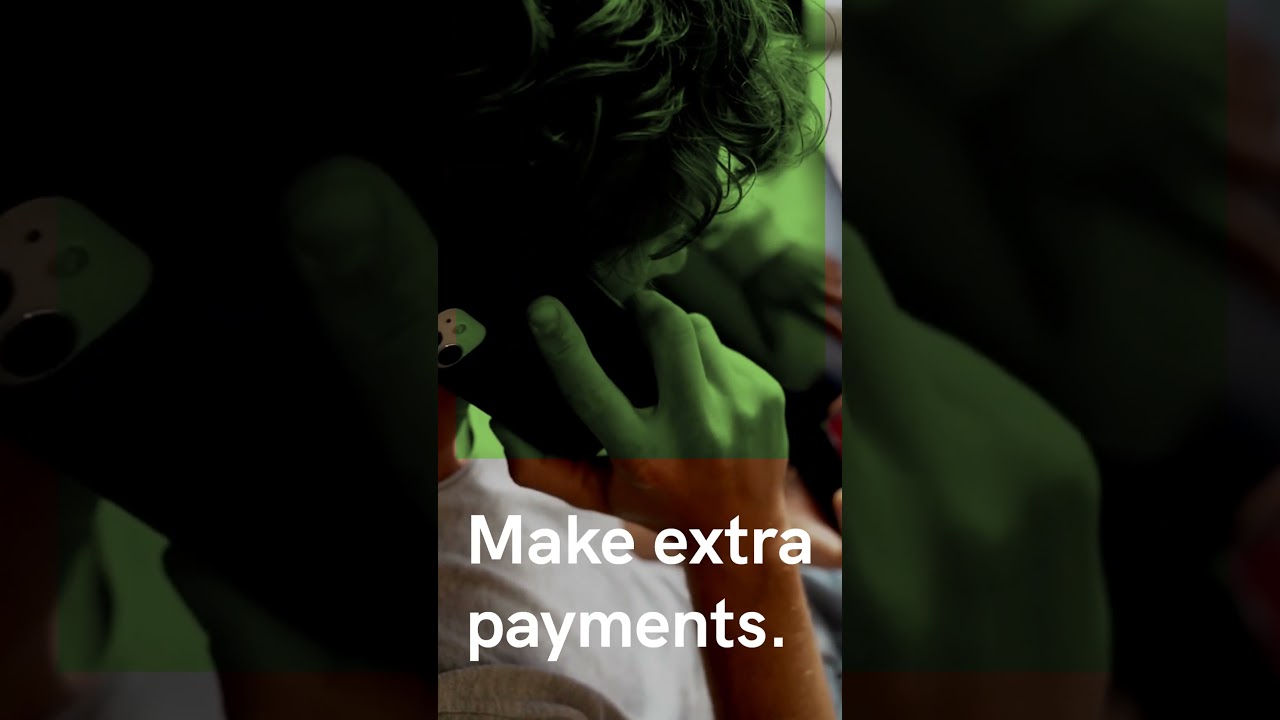Where do I start?
A budget is a roadmap to plan your finances and keep track of where your money goes. Budgeting is a helpful tool whether you’re working hard to make ends meet or if you have some extra income and want to adjust your saving goals. It will help you see where you spend your money and how you might spend money differently.
To make a budget:
- Gather your bills (utilities, insurance, etc.) and pay stubs.
- Collect receipts for things you typically spend money on like groceries, entertainment, transportation, clothing, and everyday expenses.
- Add up all of your paychecks and any other income. Subtract your expenses from that.
When you’re done, look for things in your budget you might be able to change so you have more money left over each month. Your goal is to stop adding to your debt, and also to pay down the debt you already have, if you can. You can find information about budgeting and money management online, at your public library, and in bookstores. Check out this worksheet for creating and tweaking your budget.
If you’re behind on your bills, don’t wait to call the creditors you owe money to. Do it before a debt collector gets involved. Tell your creditors what’s going on, and try to work out a new payment plan with lower payments you can manage.
What if my debt has already gone to a debt collector?
You may want to talk to the collector at least once, even if you don’t think you owe the debt or can’t repay it immediately. That way, you can find out more information about the debt and confirm whether it’s really yours. When talking with a debt collector, be careful about sharing your personal or financial information, especially if you’re not already familiar with the collector. Not everyone who calls saying that you owe a debt is a real debt collector. Some are scammers who are just trying to take your money.
A collector has to give you “validation information” about the debt. They either have to do that during the collector’s first phone call with you or in writing within five days after first contacting you.
The collector has to tell you
- how much money you owe
- the name of the creditor you owe it to
- how to get the name of the original creditor, and
- what to do if you don’t think it’s your debt
You also can get a collector to stop contacting you, at any time, by sending a letter by mail asking for contact to stop.
Collectors can’t harass you. For example, collectors
- can’t threaten to hurt you
- may not use obscene or profane language
- can’t repeatedly use the phone to annoy or harass you
Collectors can’t lie. For example, collectors
- cannot tell you that you owe a different amount than what you actually owe
- may not pretend to be an attorney or from the government
- can’t tell you that you’ll be arrested, or claim they’ll take legal action against you if it’s not true
Collectors can’t treat you unfairly. For example, collectors
- may not try to collect interest, fees, or other charges on top of the amount you owe, unless the original contract says they can or there is a law allowing it
- can’t deposit a post-dated check early
- cannot publicly reveal your debts, including by sending postcards showing that you owe money or putting that information on envelopes
What if my debt is old?
Debt doesn’t usually go away, but debt collectors do have a limited amount of time to sue you to collect on a debt. This period of time is called the “statute of limitations,” and it usually starts when you first miss a payment on a debt. After the statute of limitations runs out, your unpaid debt is considered to be “time-barred.” That means the collector can no longer sue — or threaten to sue — you to pay the debt because so much time has passed. It’s against the law for a debt collector to sue you for not paying a debt that’s time-barred. If you do get sued for a time-barred debt, tell the judge that the statute of limitations has run out.
How long the statute of limitations lasts depends on what kind of debt it is and the law in your state — or the state specified in your credit contract or agreement creating the debt.
Under the laws of some states, if you make a payment or even acknowledge in writing that you owe the debt, then the debt isn’t time-barred anymore. The clock resets and a new statute of limitations period begins.
What should I do if I’m having trouble paying my mortgage?
Contact your lender immediately. Don’t wait, or a lender could foreclose on your house. Most lenders will work with you if they believe you’re acting in good faith and your situation is temporary.
Your lender might be willing to
- lower or suspend your payments for a short time
- extend your repayment period to lower your monthly payments
Before you agree to a new payment plan, find out about any extra fees or other consequences. If you can’t work out a plan with your lender, contact a non-profit housing counseling organization. Reach a free, HUD-certified counselor at 800-569-4287. Also, contact your local Department of Housing and Urban Development office or the housing authority in your state, city, or county. You don’t need to pay a private company for these services.
Some companies promise to make changes to your mortgage loan or take other steps to save your home, but they don’t deliver. They’re scammers. Never pay a company upfront for promises to help you get relief on paying your mortgage. Learn the signs of a mortgage assistance relief scam and how to avoid them.
What if I’m having trouble paying my car loan?
Most car financing agreements say a lender can repossess your car any time you’re in default and not making your car payments. They don’t have to give you any notice. Before you can get back your repossessed car, you may have to pay the balance due on the loan, plus towing and storage costs. If you can’t, the lender might sell the car.
If you know you’re not going to be able to keep up with your loan payments, you might be better off selling the car yourself and paying off the debt. You’ll avoid the costs of repossession and a negative entry on your credit report.
What can I do if I can’t pay my student loan?
If you have federal loans (government loans), the Department of Education has different programs that could help. Applying for these programs is free. Find out more about your options at the U.S. Department of Education’s StudentAid.gov or by contacting your federal student loan servicer. You’ll also find more about how to get out of default.
With private student loans, you typically have fewer options, especially when it comes to loan forgiveness or cancellation. To explore your options, contact your loan servicer directly. If you don’t know who your private student loan servicer is, look at a recent billing statement.
You don’t have to pay for help with your student loans. A company can’t do anything you can’t do for yourself. Student loan debt relief companies might say they will lower your monthly payment or get your loans forgiven, but they can leave you worse off.
What can I do if I’m way behind on paying my credit card debt?
Talk with your credit card company, even if you’ve been turned down before for a lower interest rate or other help with your debt. Instead of paying a company to talk to your creditor on your behalf, remember that you can do it yourself for free. Find their phone number on your card or statement. Be persistent and polite. Keep good records of your debts, so that when you reach the credit card company, you can explain your situation. Your goal is to work out a modified payment plan that lowers your payments to a level you can manage.
If you don’t pay the amount due on your debt for several months your creditor will likely write your debt off as a loss, your credit score may take a hit, and you still will owe the debt. In fact, the creditor could sell your debt to a debt collector who can try to get you to pay. But creditors may be willing to negotiate with you even after they write your debt off as a loss.



